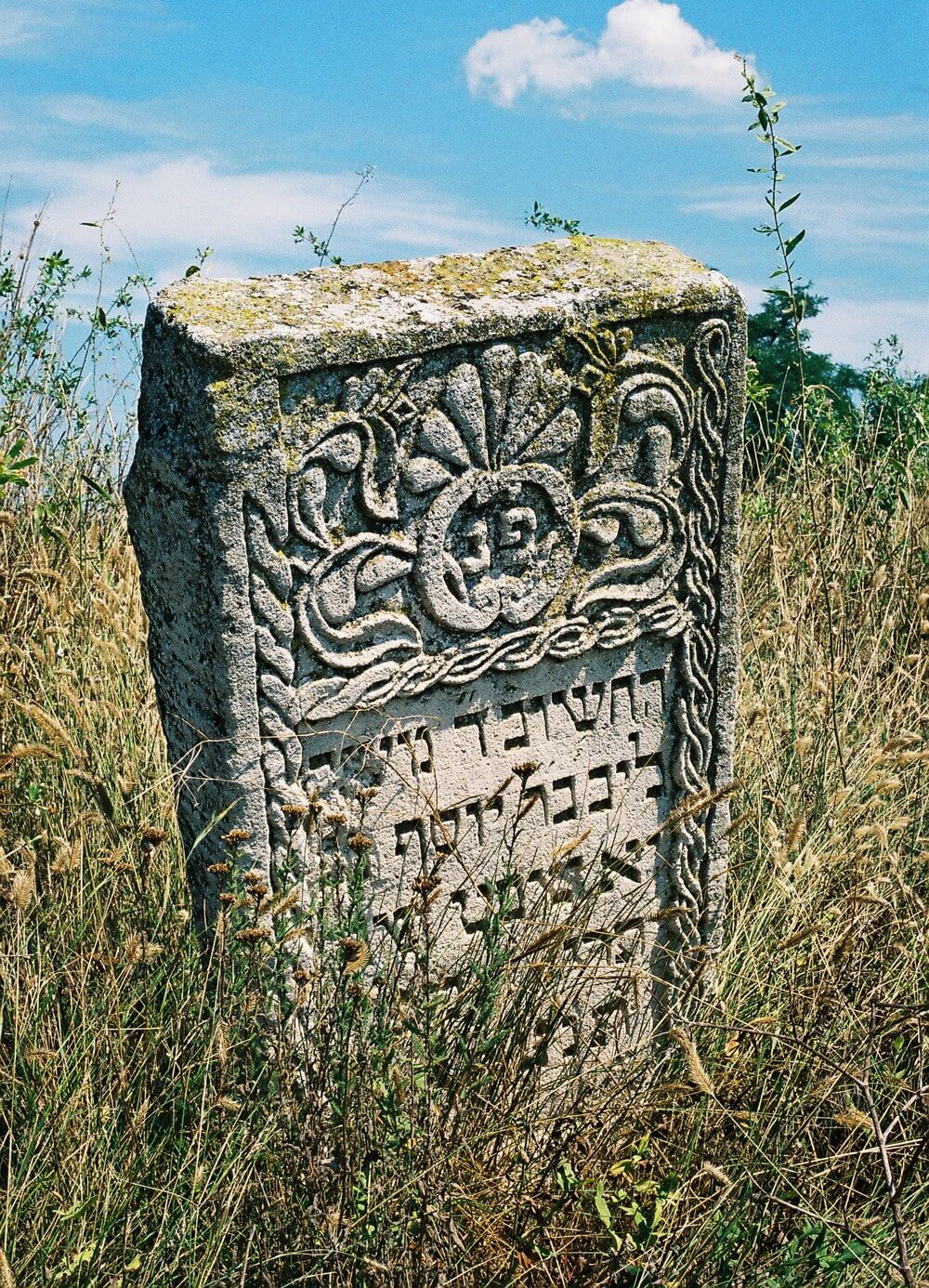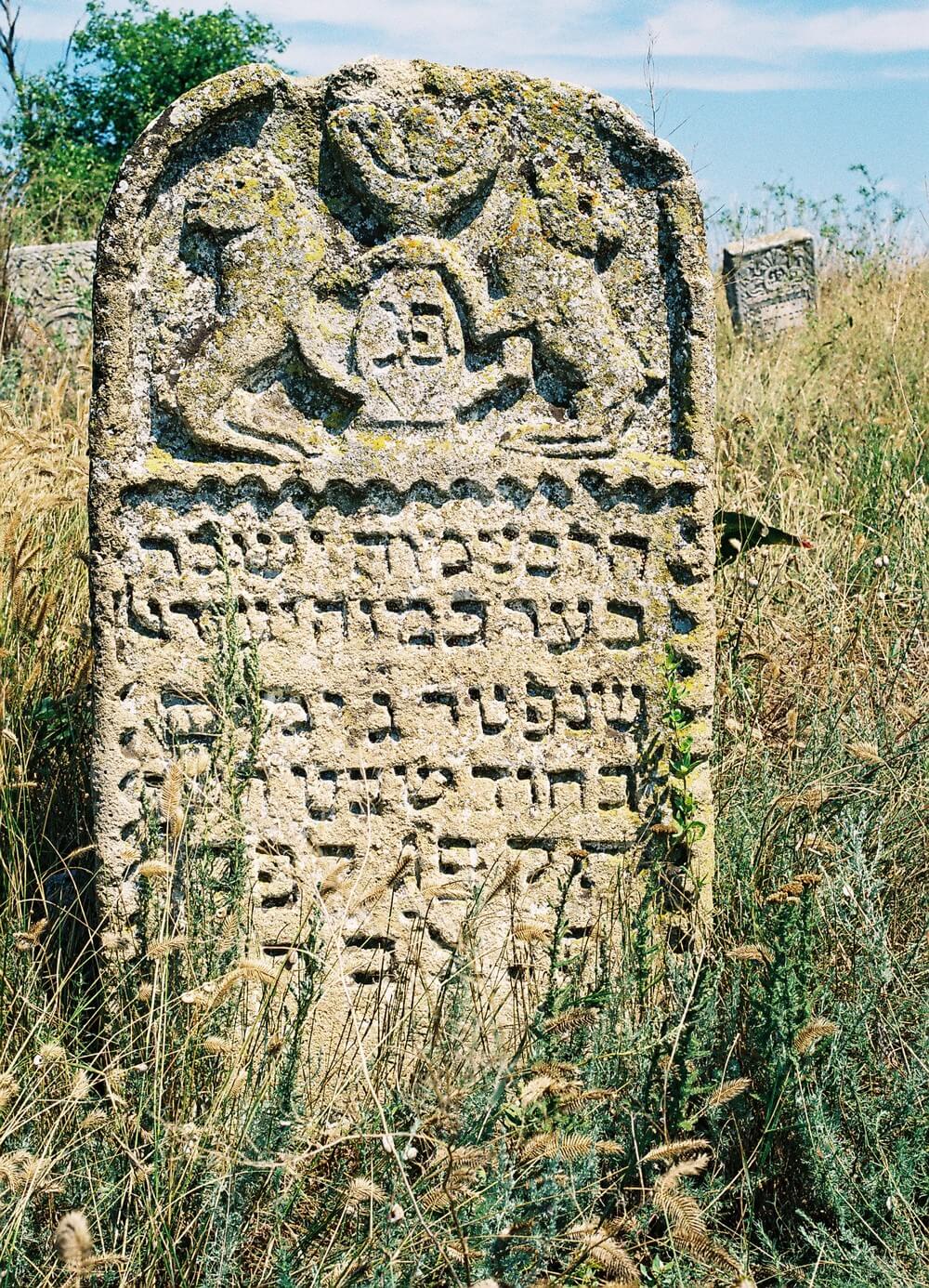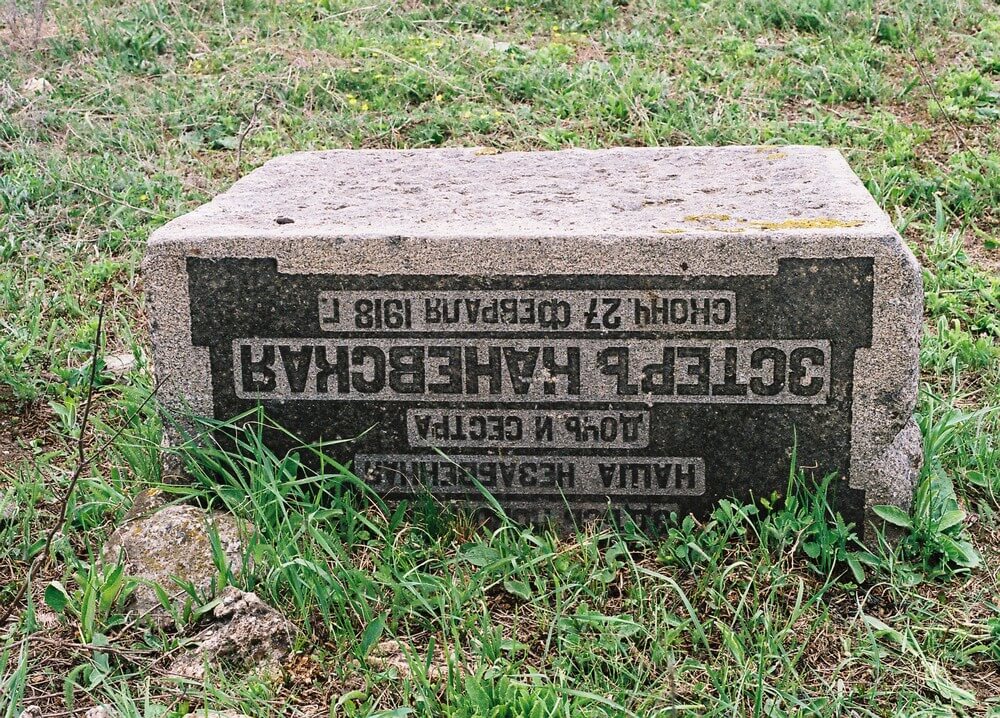A Jewish cemetery (Hebrew: בית עלמין "Beit almin" or "Beit kvarot") is a necropolis where Jews are buried according to Jewish tradition. The land in a cemetery is considered holy. The creation of a cemetery is one of the first priorities for the new Jewish community.
The main difference between Christian and Jewish cemeteries is the different treatment of graves. The Christian understanding allows for the disturbance of existing burials after a certain time to fill new ones. A Christian cemetery that has not been used for a long time can be liquidated. According to the principles of Judaism, each tombstone and the entire cemetery are inviolable, as long as its location is known. Exceptions include cases where exhumation is performed for the transfer of remains to the Holy Land or to a family grave, for transfer from a non-Jewish cemetery, or when the necropolis is threatened by desecration or flooding.
Early Jewish cemeteries were located outside the city limits. Tombstones mostly have inscriptions in Hebrew. In the diaspora, there is a tradition of burying with the feet facing Jerusalem. The largest Jewish cemeteries in Europe are in Budapest, Łódź, Prague, Warsaw, and Berlin. During World War II, many Jewish cemeteries were destroyed in many regions of Europe.
In Poland, and later in the territories of Ukraine annexed by Poland, Jews first received privileges that guaranteed the inviolability and protection of their cemeteries according to the Kalisz Statute (Polish: Statut kaliski), issued by Bolesław the Pious (Polish: Bolesław Pobożny) in 1264.
In Hebrew, the following euphemisms are used to designate a Jewish cemetery:
בית עולם beit olam — “house of the world” or “house of eternity”
בית חיים beit chaim — “house of life”
בית קברות beit kvarot — “house of graves”
בית עלמין beit almin — “house of eternity” (an expression borrowed from the Aramaic languages).
In Galicia, Ukrainians and Poles used the name kirkut (Polish: kirkut, kierkow, kierchol, kirchol, from German: Kirchhof — "church yard for the burial of the dead"), as well as okopysko, okopyscha, since the place was usually surrounded on all sides by ditches and an earthen rampart. Yiddish speakers used names derived from Hebrew: beysoilem, beysakvores.




